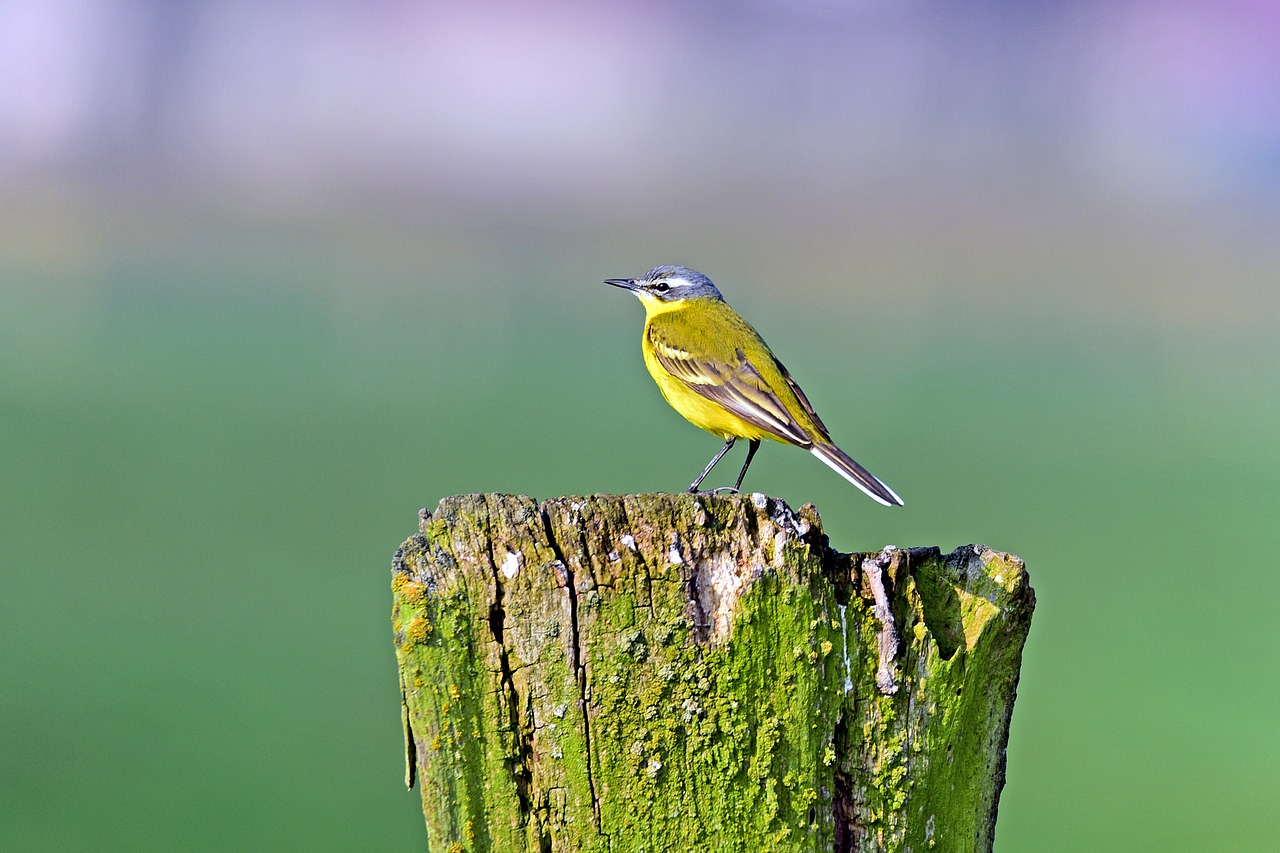
The University of Lund researchers came across this discovery by inspecting the lineage of more than 1,300 species of passerines. These birds are commonly but incorrectly lumped together as "songbirds." The migratory species breed in Europe but flee for the warmer equator once winter comes, while the sedentary ones tough it out.
The researchers found that both groups of birds shared a common origin: The tropical rain forests of Africa, where they have relatives that stay there all their lives.
Now aware of the genetic relationship between the three groups, the researchers compared their immune systems. It turned out that African sedentary passerines have much more advanced immune systems to deal with the numerous diseases in the tropics.
Europe, being colder, has a smaller variety of pathogens. So songbirds that lived there on a permanent basis evolved less extensive immune systems that could handle fewer types of diseases.
The hidden costs of a powerful immune system
However, the immune systems of migratory songbirds possessed around the same variation as the stay-at-home European ones. This puzzled researchers given the animals needed to resist diseases found in Europe, Africa, and all the places in between.
So why don't migratory birds have the same level of defense as their African ancestors?
Helena Westerdahl and her fellow researchers suggested that a strong and complex immune system required higher costs than previously imagined. For example, it could be more prone to associated diseases.
For example, there's autoimmunity, where a berserk immune system starts attacking healthy cells. Another similar disease is chronic inflammation, where the swelling mechanism that enhances the healing process goes out of control and causes complications.
Despite being handicapped with a simpler and less varied immune system, adult migratory songbirds don't seem to have that much trouble handling the plethora of diseases found in Africa. So if birds with weaker immune systems could survive in Africa, couldn't the African birds dispense with their overprotective immune system?
Vertebrates like birds and humans are most vulnerable to disease during infancy and childhood
The Swedish research team believes that the birds are most vulnerable to diseases during the first time they encounter pathogens. This period happens during their infancy.
Migratory birds breed and raise their young in Europe, where there are fewer different types of microbes that can threaten young birds. By the time the birds are ready for their first flight towards Africa, they are adults with mature immune systems. (Related: Feeding the wildlife may not be such a good idea: Study shows it influences migration, rates of disease.)
African sedentary birds raise their young in tropical conditions. The baby birds have to grow up in an environment brimming with microbes, so they need strong immune systems from the get-go.
"When the migratory birds breed, they have moved away from many diseases and therefore do not need an immune system that is equally varied. Another advantage is that the risk of damage caused by the immune system drops considerably if the immune system is less complex," concludes Westerdahl's colleague Emily O'Connor.
Birds are not the only animals to build up their immune systems this way. All vertebrates follow this pattern, including humans. So the findings regarding songbirds' immune systems may very well guide researchers studying human immune systems.
For more articles on the ways animals adapt and evolve according to their surroundings, visit Ecology.news.
Sources include:
Please contact us for more information.























